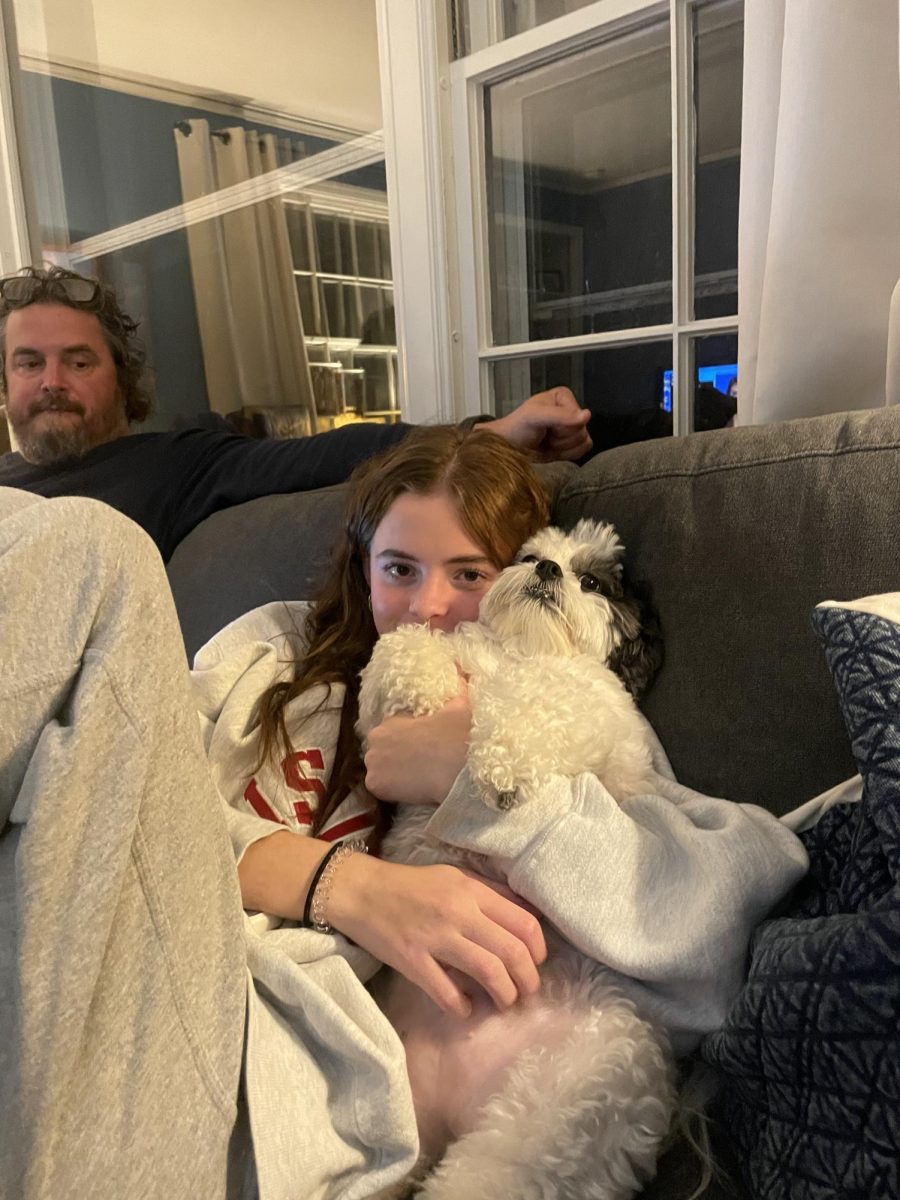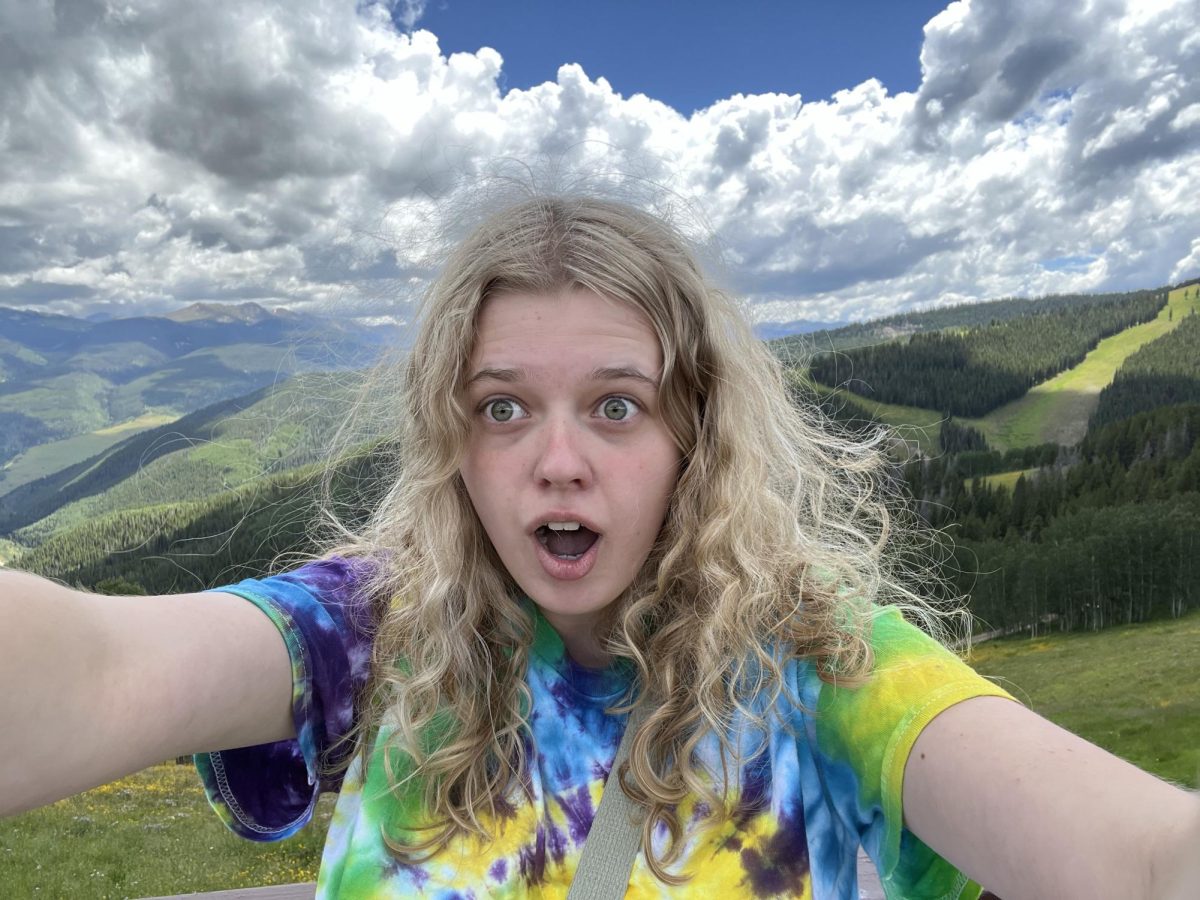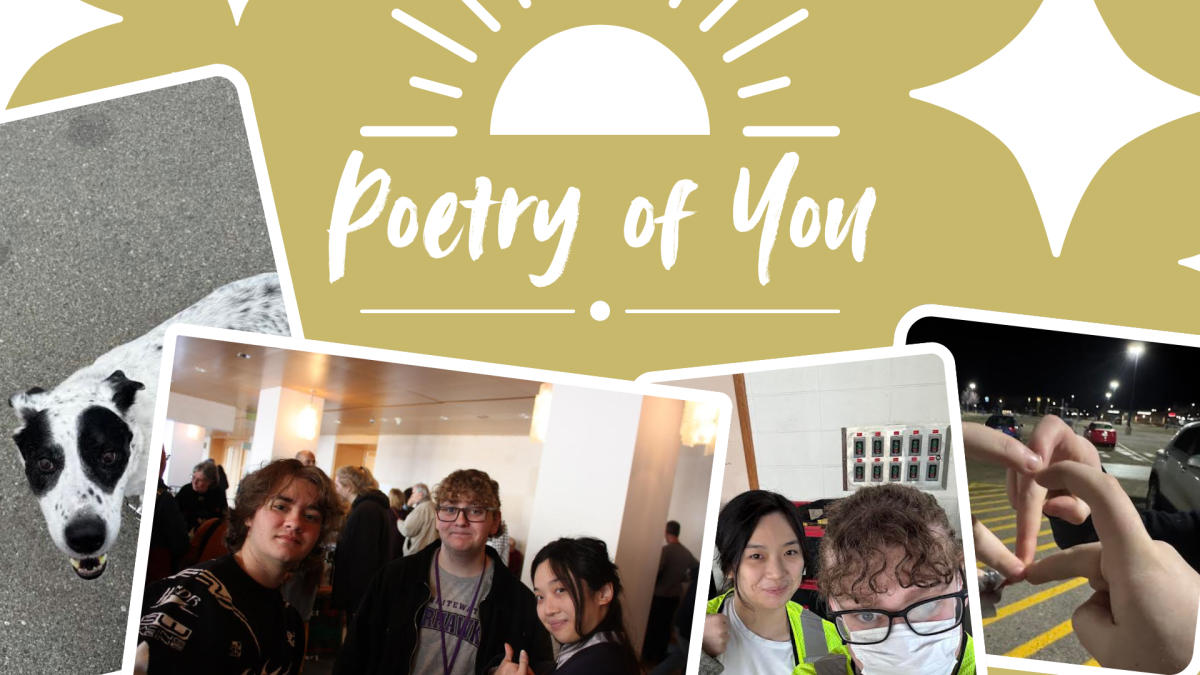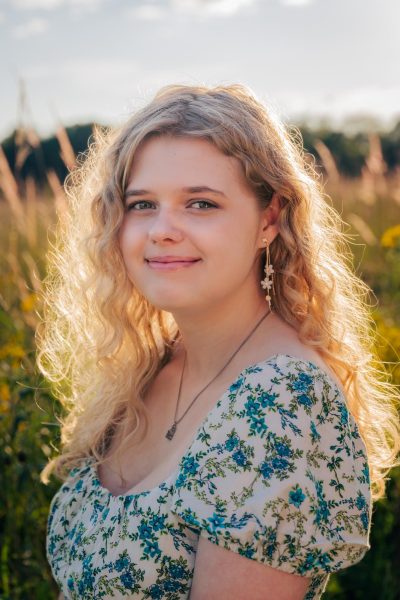Plenty of teachers at SHS had a different background before they entered the profession. Here are their stories!
Schwerke
Current job: English teacher and real estate agent
Previous job(s): Pizza Hut worker, waitress, radio station worker, paralegal, bartender, restaurant worker, and legal secretary.
How’d that happen?
One thing led to another with Schwerke.
“So I graduated college. Got a job waiting tables and I just started part time […] I had literal pennies to my name, so when they said something like, ‘you have to pay $700 by the end of the week,’ I was like [death noise], ‘cause I have to pay my bills at the end of the week, right? So, scrappin’ by, and then I worked for a radio station,” Schwerke said.
This led to her becoming a floater for ESPN, which actually led to her husband generally taking over that kind of work in the future. Then, she dabbled in selling life insurance.
“Somebody told me about it, and I was like, ‘oh that sounds interesting,’ but then I started talking about it and talking about death, and it was a weird experience. You know, like a surreal out of body kind of thing,” Schwerke said.
From there, she got paralegal certification and worked for a family law attorney—and throughout all of this, she’s bartending.
How did you become a teacher?
While going from job to job, Schwerke searched for something more fulfilling before she landed on teaching. While in school to get a teaching certificate, she debated what she wanted to teach. At first, she tried math, but it had been too long since she’d been in a math class to understand it truly. Because she enjoyed movies and storytelling, she decided on English.
What does the future hold?
“Teaching has been something that’s tough. It’s not for the faint of heart, that’s for sure. Because it will wear on you, you will cry, you will. It’s your everything. But it’s really enriching […] and it’s just a very, very cool job. As you can tell with my track record, if I don’t like something I’m leaving, so like… hey, 10 years that isn’t waiting or bartending, awesome. I’ve been doing this for 10 years and obviously I’m still not done,” Schwerke said.
Ross
Current job: Business teacher
Previous job: Law enforcement
What did you do?
“I was a police officer, and I had a lot of different roles. I was a detective for a while, police, school liaison officer, ID technician, and [processor] of crime scenes. [The] main part of my day was investigating sexual assault crimes and child abuse cases,” Ross said.
How’d that happen?
After graduating from college with the goal of becoming a teacher, Ross was unable to find a full-time job teaching with her specialization in marketing. This led to her becoming a homebound instructor.
“If somebody was pregnant, they weren’t allowed to come to school. Most of the time, they had to do homebound instruction. Which sounds so bizarre now, but if somebody was injured, they didn’t come to school, so we would deliver stuff to them,” Ross said. “I never had an interest in law enforcement until I was helping those kids. And while I was helping kids who were injured or kids who were pregnant, I ended up helping kids who have disciplinary problems.”
Through interacting with these students, she ended up having interactions with police officers in different roles than she had expected.
“When I was your age, I didn’t like them. They got in my way of driving fast. And they ruin people’s days [with] speeding tickets. I didn’t want to be that person. […] But when I had to work with students with behavioral problems, they weren’t traffic patrol cars. And I thought, gosh, I love working with high school kids. I could actually really help kids,” Ross said.
What was the best part?
“I enjoyed putting pedophiles in prison […] and I wish I still could because it’s a real problem.”
Do you think you’ll go back?
While Ross liked being a part of law enforcement, she refuses to be a part of the system as it is now. As an ally of the Black Lives Matter movement, she wants to see the system reform before she goes back.
“The fact that we are still seeing innocent black lives taken at the hands of police officers—black and white—I want no part of that. I’m on the other side of that. Are there good cops? Yep, there [are] great cops. There [are] bad cops. There [are] great teachers, there [are] bad teachers. But that line of work needs to do better,” Ross said.
What does the future hold?
“I am really keen to try to make a difference with the way that we prepare our students to be college career and community-ready. We’re not doing enough here. So I’ve been implementing different things into my curriculum and my finance class, but it’s not equitable because then I only reach my students. I will always stay in a position of public service. I don’t know what that looks like. Will I teach at Stoughton High School for the rest of my life? Absolutely not. Because I know that I’m here to do bigger things, and I need to get on a different level to do those bigger things,” Ross said.
Weinstock
Current job: English teacher
Previous job: Assistant manager at Champ Sports
What was an aspect that you remembered of it?
“I got to wear the fantastic striped shirts, these black and white referee shirts, those were pretty fancy,” Weinstock said.
How’d that happen?
After graduating from college with a degree in mass communications, there were many different facets to which the degree could lend itself.
“I joke with people when I’m talking about my undergraduate degree, that it lends itself to a career in retail, [because] it wasn’t a very specific degree,” Weinstock said.
What was the best part?
“It kind of led to a decision to go back to school and teach because in working that job, […] there [were] a few things that became pretty clear to me. As an assistant manager, working with high school-age employees, and just day-to-day interactions with those people was kind of a cool facet, and then also, I knew myself well enough to know that I liked sports.”
Why teaching?
While working that job, he realized that he still wanted to work with high school-aged kids and possibly do something sports-related. As somebody who had always liked English and literature classes, he was also passionate about them, so he returned to school to become a teacher.
“It wasn’t an easy decision. I knew that ultimately, why I chose to be an English teacher as opposed to maybe teaching or more time for coaching was that I thought maybe, on a day-by-day basis, I would find being an English teacher more engaging in terms of what I did. I think in an indirect, weird sort of way, my first job coming out of college directly led to a decision to go into teaching,” Weinstock said.
What does the future hold?
“Realistically, whenever I retire, I’m sure I’ll sit and think, like, ‘what else? What do I want to do?’ I don’t think [I’ll be] breaking out the rocking chair and not working. They’re not gonna be in the forecast for the future. So, I don’t really have a strong sense of right now what that will be. But yes, I’m sure I’ll have to make that call and choose kind of a different direction to go,” Weinstock said.
Carter
Current job: Science teacher
Previous job: Chemist
What did you do?
Carter performed experiments and created certain chemicals sold to research groups or purified different things.
What was the best part?
“One of the most interesting experiments that I probably ever did was using some rattlesnake venom and using the power of powdered form to do a really specific reaction. [.. ] It was also really eye-opening to be like, ‘Oh, I guess we’re gonna wear two pairs of gloves, we’re gonna wear a respirator, we’re gonna basically wear a total hazmat suit and make sure that there’s anti-venom,’ and like, all of these precautions to take with it, and I was like, ‘Oh, okay. Super interesting,’” Carter said.
Additionally, she found it interesting to be “behind the scenes” of producing certain chemicals. While in college, she used chemicals that weren’t explained, and while working as a chemist, she figured out how they were produced.
“I learned a lot about parts of science and different parts of chemistry that I didn’t know a ton about, because I just hadn’t focused on those in school,” Carter said.
Why teaching?
While the people were nice, and she was able to expand her knowledge of chemistry, there weren’t as many interactions as she had had in college. Additionally, while in college, she had been a TA her last semester and enjoyed doing that.
“I was like, ‘I don’t know if this is how I imagined myself.’ And that was fine and stuff. But it also was kind of interesting because I got to see parts of corporate America that I was like, ‘Oh, I’m not loving that.’ My boss got fired and walked out before the day was done. And I was like, ‘Oh, okay. That’s how this goes.’ But then I kind of started realizing like, I don’t know, maybe I want to pursue some other things,” Carter said.
How did you become a teacher?
After reaching out to her professors from college, they urged her to return to school and get a master’s degree. This led to some internal debate about whether or not she’d like just to get a master’s degree or continue and get a PhD. Discussing more in-depth with her professor, she realized that if she wanted to teach, she didn’t need to get a Ph.D. and teach at the college level, she could just become a high school teacher.
Do you think you’ll go back?
“When I made the decision to leave, I was like, ‘I’m not going back. I’m not loving this,’ and the experiences that I had after that, then relating more to education, definitely told me that I was doing the right thing,” Carter said.
Thompson
Current job: Social studies teacher
Previous job(s): Bagger at Piggly Wiggly, Arby’s worker, Half Price Books worker, Big Lots stocker, mattress seller, sign maker, and lightbulb factory worker
What did you do?
Lightbulb factory: “You didn’t have any customers or anything like that. We listened to the boss man, like this what we need to do today and we’d be like ‘alright good. For the most part [the lightbulbs] came to us already in boxes. Like, if somebody bought an order […] ‘like okay, I need three of these, four of those,’ whatever. And they would bring it we were supposed to make sure like okay, yes, it matches what they ordered. We would wrap it like with like giant Saran Wrap rolls you put on there like what truck is is supposed to go on and then we’d loaded onto like the big semi trailers.’”
What was the best part?
Arby’s: Making funny voices while talking into the headset for the drive-thru.
“We had one day where we all just started dressing up like pirates, and doing pirate accents. So they’ll come through, and I’ll be like, ‘Arr, thank you for shoppin’ at Arby’s. D’ya have a coupon today?’ We wore fake mustaches. We wore mop heads like wigs. So we had that humor. We would say, like, ‘It’s National Pirate Day today,’ and that was the explanation, basically.”
He and some other employees would also try to sneak the word “meow” into as many sentences as possible without anybody saying anything. Their record was 99.
Mattress store: Due to the lack of customers that would come in to shop for mattresses—because it’s a mattress store—Thompson would hide pictures of himself around the store for the next employees on shift to find. It became a little bit of a scavenger hunt within the store. Because so few customers came in, nobody ever caught him putting the pictures up.
How did you become a teacher?
When he was getting his history degree, he was also going to get a teacher’s degree. However, his program was discontinued while he was in school. To get that teaching license, he would’ve had to go to another school, and that was during the 2008 financial crisis, so he wasn’t able to. However, when he was at the mattress store, he could secure the license to get his master’s.
Murphy
Current job: Science teacher
Previous job(s): Manager of a plant genetics lab and worker at agricultural research centers in Montana
How’d that happen?
“I have a Bachelor’s of Science and a Master’s of Science in Agronomy, [which is the] study of farming, with an emphasis in genetics. I had an interest in finding disease resistance genes in plants. I then was part of a team that incorporated those genes into varieties that farmers would grow. I got my master of science degree from Montana State University and knew the plant breeders (spring wheat, winter wheat and barley) in the College of Agriculture,” Murphy said.
What did you do?
There was a lot of everything in the genetics lab, but it contained mainly three components. Murphy engaged in lab research, which included extracting DNA from crops and looking for disease resistant genes in the extraction. There was a greenhouse, which as it implies, was used for growing crops and cross-breeding varieties. Third was the field that grew different seeds in the summer for future observations.
What was the best part?
“The variety the lab job offered was great. However, other rewarding experiences were when I worked at the Agricultural Research Centers around Montana, and I took care of all the variety trials for the professors or researchers of barley, winter wheat, and spring wheat. The professors were located on the MSU campus in Bozeman, but had their different varieties grown all over the state each summer. We tested yield, quality and disease resistance of each variety. Each summer the Research Centers would have a field day where farmers would come and see the latest varieties being developed,” Murphy said.
Why teaching?
When Murphy moved to Wisconsin, the commute was too far for a lab job in Madison, so she looked into teaching from there. Additionally, when she had started college at La-Crosse, her major was elementary education.
“I found out about a program called Project Teaching. If you have a Bachelor’s degree in a shortage area—science was a shortage area—you could get your teaching license by taking classes one weekend a month and writing papers in between the face to face class meetings. I then taught in the Adams-Friendship Middle School [for] 7th grade science and at Wisconsin Dells High School [for] Chemistry. I then taught 7th grade science in Adams-Friendship for 10 years before coming to Stoughton where I have been for 7 years,” Murphy said.
Blankenheim-Villarreal
Current job: Special education coordinator
Previous job(s): Learning strategist, special education teacher, worker at a residential treatment facility
How’d that happen?
She has planned to work in the criminal justice system after college, and working at the residential treatment facility was, originally, to give her more experience in the system.
What did you do?
“We led group therapy as well as individual sessions. Taught life skills, managed medications, supported visits with families, and helped with daily care, including school.”
What was the best part?
“Some of the girls that were with us had never experienced a Christmas with a tree and family celebration, so we had a large celebration for them. Most of the staff came to join us for dinner, and we had gifts for the girls to open. Seeing the joy in their faces was indescribable!”
Why teaching?
She had enjoyed working with teens, but the facility had changed the clientele. Because she’d been working in the on-site school, she left to switch to high school as a Special Educational assistant. While taking education classes during college, she was drawn to special education while studying.
How did you become a teacher?
“I started to take classes on the weekend. I was fortunate to find a job where I could teach while finishing my classes.”







